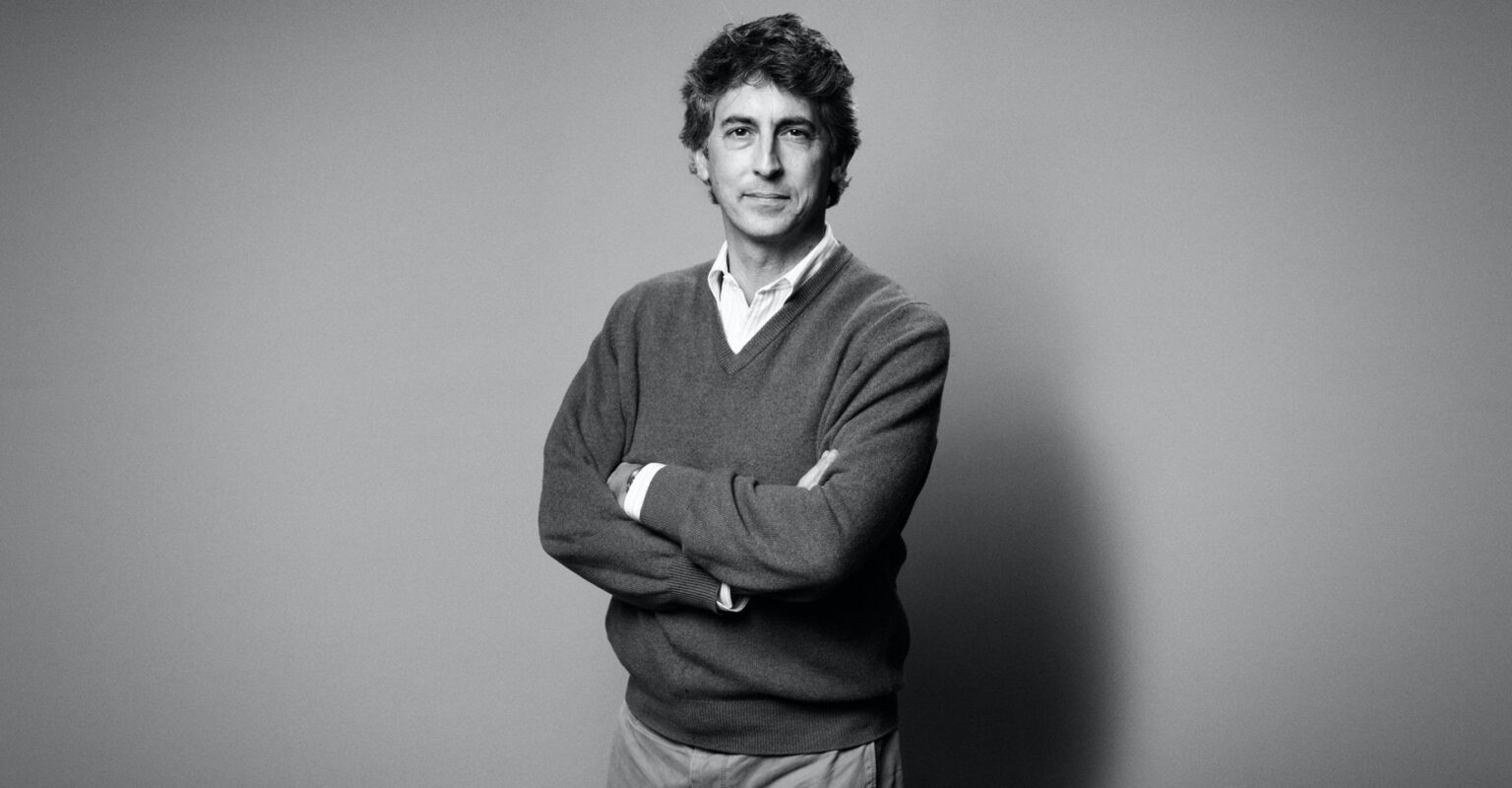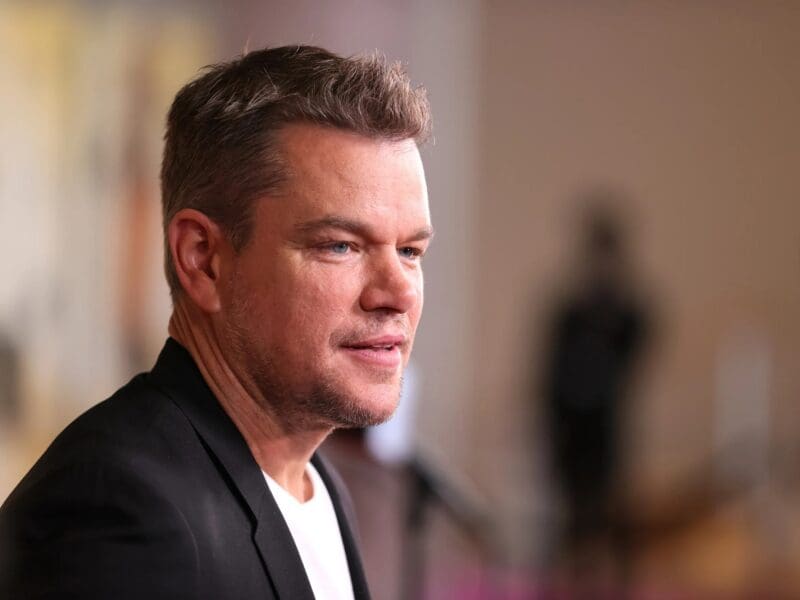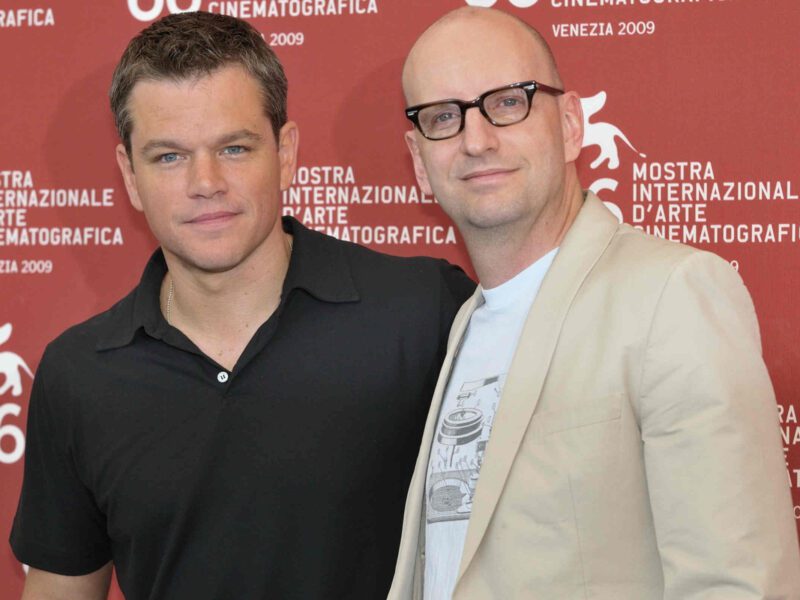
Alexander Payne: I’m Never Happier Than When Making a Movie
Alexander Payne spent the winter of 2022 making movie magic in Boston. That’s where the two-time Academy Award-winning filmmaker lensed his newest dark comedy, The Holdovers, which stars Paul Giamatti and is set in a New England prep school. The Holdovers was a reunion for Payne and Giamatti, who haven’t worked together since 2004’s Sideways, about a bachelor party in California Wine Country. Payne happily celebrated his 61st birthday working on the set in Boston in February. “I can’t think of anything better to do for my birthday than shooting a film,” notes Payne.
The Holdovers is Payne’s eighth feature. Twice he’s won the Oscar for Best Writing (Adapted Screenplay), first in 2005 for Sideways and then again in 2012 for The Descendants, which starred George Clooney. It’s clear Payne thrives while making features that are comedies based on reality. “So many movies are either dramatic or comedic, but in my opinion, the best movies are both,” explains Payne. “Life isn’t a single-note melody but rather a series of chords.

Alexander Payne’s Career Insights
“I’m trained to think about stories in terms of narrative economy and visual scope,” says Alexander Payne. He cites The Godfather as an example. “That might have been good at 60 or 30 hours, but it’s fantastic at six-and-a-half hours,” he says.
One of Alexander Payne’s mentors, Richard Marks, edited The Godfather: Part II and Terms of Endearment, among many others. “He came to UCLA to help the MFA graduate students get the most out of editing our thesis films, and he took a great interest in me and my work,” shares Payne. “He is deceased now, but he was a great lifelong mentor and friend not just to me but to all of us graduate students in his class.”
When Marks first offered him guidance, the film Payne was working on was The Passion of Martin. According to Payne, “It’s a dark comedy and a little bleak in outlook.” However, it hit a nerve with critics and industry insiders. Moreover, it landed the new filmmaker instant recognition throughout Hollywood after it was screened at an end-of-the-year showcase. “The next day, I got calls from people who were there, and I got calls from people who weren’t there but had heard from people who were,” Payne recalls. He enjoyed his time at film school because, he says, “At UCLA, we were in this wonderful film school environment where we can just concentrate on the work without any other considerations. There are a thousand compromises working in the film industry, and film school is the time never to compromise.
“I’ve been trying to be at it professionally for some years now. And had gained some experience since I made Citizen Ruth when I was 35,” says Alexander Payne. “However, I can’t say it gets any easier to make a movie. I can only admit that sometimes it becomes less hard. It is always hard to come up with an idea, realize that idea, flesh it out and get the financing.”

Alexander Payne Talks Challenges and the Changing Film Industry
“The cost of producing and promoting films continues to skyrocket,” says Payne. “What that means is that only the more expensive movies — the tentpole ones like Marvel films — are the ones that get the real estate in our cinemas.”
And then along came streaming services like Netflix, Hulu, Apple TV, HBO Max, and Amazon Prime. “It has been nice that at the same time, all the streaming services have arisen, and they have room for smaller, more human stories, either as features or limited series,” says Alexander Payne. “Streaming is where you see typically more human and idiosyncratic work. And it is obviously giving a ton of work to screenwriters, actors, directors, and technicians. Even during the pandemic, film and television productions were permitted to continue since it was considered an essential service.”
Alexander Payne on Why Streaming Services Could Never Fully Replace Cinema
“A movie is made to be seen in a community with other people,” says the director. “And the idea of cinema is not just to see what is on Netflix one moment and it’s not on the next day, and you stream it or you have to search for it. That makes cinema too easily disposable. Cinema is not just about a movie that gets made and you see it. It’s about the presentation of it and the conversations around it, the reviews, the culture, cinema magazines, critics, intellectuals, nonintellectuals, people talking about what a movie is and letting it penetrate more deeply into our souls and into our culture.”
Payne says, “Every year, a limited number of American films are slotted for theatrical release and consideration, and then those 10 to 20 films become the conversation. That hasn’t changed, despite the pandemic. I’m so happy that filmmakers are getting to make their stuff again, although I lament some of the disappearance or the drowning of cinema culture.”







